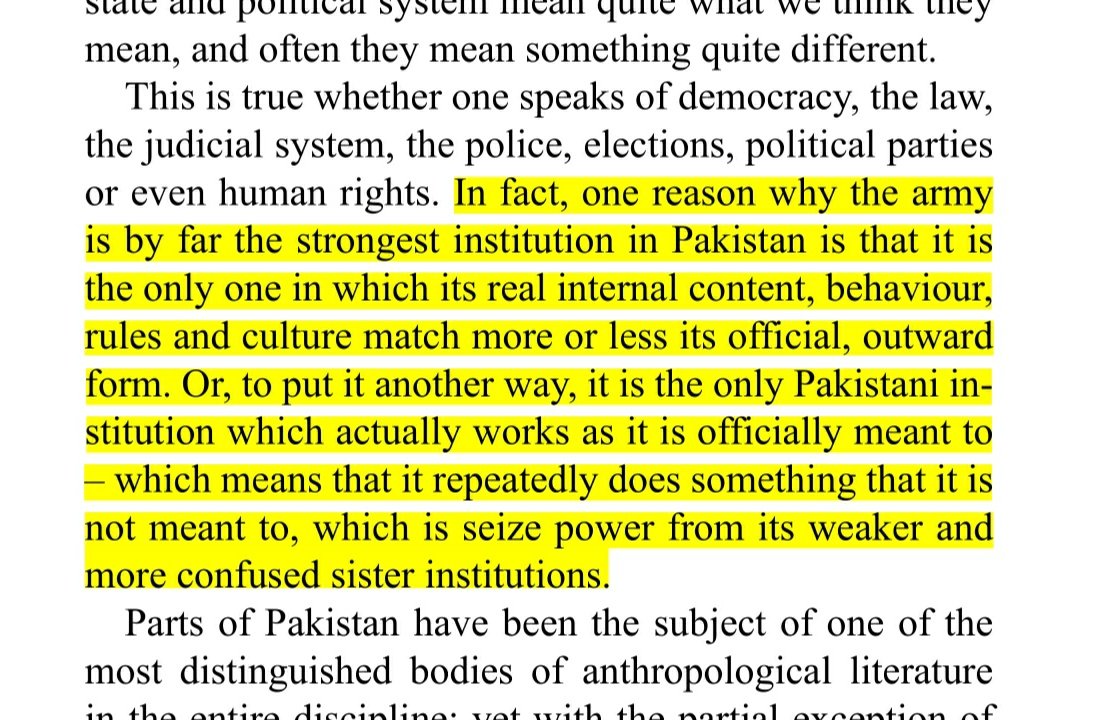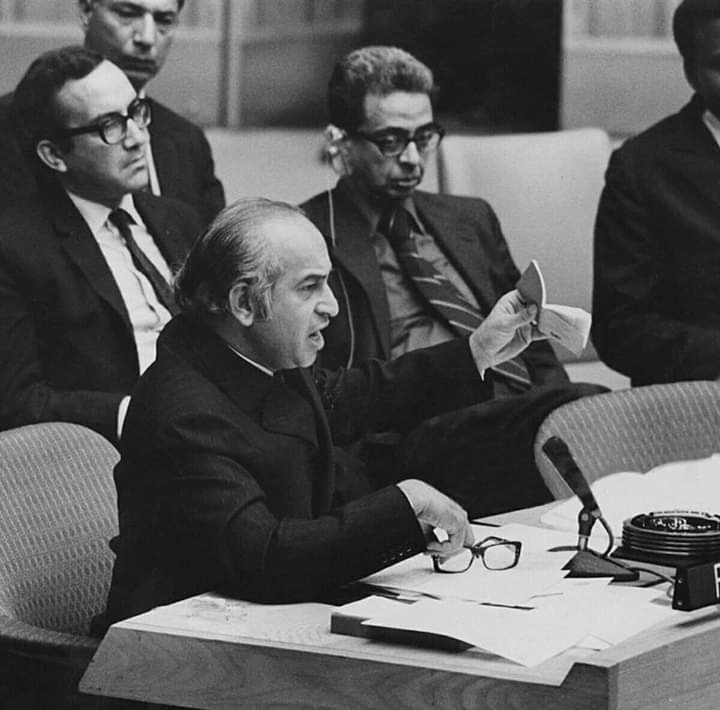
𝐁𝐨𝐨𝐤 𝐑𝐞𝐯𝐢𝐞𝐰
This is an exceptional book by Tim Marshall. The author has divided this book into 10 chapters and each chapter explains geographical advantages and disadvantages of 10 different regions.
[1]
This is an exceptional book by Tim Marshall. The author has divided this book into 10 chapters and each chapter explains geographical advantages and disadvantages of 10 different regions.
[1]

I like this book for its relevance to our present day geopolitics and the impact of geography on it. This book emphasizes the importance of geography in the ability to project power in the international arena. Here are few examples :
[2]
[2]
1) The US is a superpower due to its geography. It has oceans in its east and west which prevent any attack on the american mainland. Although distance b/w Russia and Alaska(US) across the Bering Straits is just 85km but the frozen Arctic Ocean is the biggest ally.
[3]

[3]


2) The biggest reason for tussle between Eastern Europe and Russia is also the lack of any significant 'natural barrier' for forces moving from the west to the east and into the economic and cultural hub of Russia. The flat North European Plains is a nightmare for Kremlin.
[4]
[4]

In the past 500 years, Moscow has been invaded 5 times from the west. The Poles came across the European Plain in 1605, followed by the Swedes under Charles XII in 1707, the French under Napoleon in 1812, and the Germans—twice, in both world wars, in 1914 and 1941.
[5]
[5]
Despite sharing borders with 3 Oceans, Russia's maritime trade routes are frozen or encircled by NATO allies."It doesn’t matter if the ideology of those in control is czarist, communist, or crony capitalist—the ports still freeze, & the North European Plain is still flat".
[6]

[6]


3) China has leverage against its western neighbour, India, due to its geography. The Himalayan ranges of Tibet prevent any potential invasion from its western neighbours and that is the biggest motivation for Beijing to maintain control over Tibet.
[7]
[7]

But when we consider the borders of China with the South East Asian neighbors, Beijing seems to be in serious trouble. Bcoz all of these countries r jungle, d most difficult battleground for any millitary.
Similarly, it's at odds with a no. of countries in d South China Sea.
[8]
Similarly, it's at odds with a no. of countries in d South China Sea.
[8]

4) Similar is the case with the two nuclear giants and bitter rivals of South Asia, The Democratic Republic of India and The Islamic Republic of Pakistan. The eastern border of Pakistan with India lacks any natural barrier.
[9]
[9]

The plains of Punjab and the deserts of Sindh don't pose any geographical barrier to its eastern neighbour, India. On its western front lies Afghanistan, the graveyard of empires. Pak shares more than 2600km border with Afghanistan, the flying distance b/w Moscow & London.
[10]
[10]

But here the Hindu Kush mountains are ready to offer a little leverage in case of war. Just like Germany in WW2, who had the biggest fear of an alliance between its western neighbors & Russia, Islamabad has spent all of its energies on not letting ......
(continue)
[11]
(continue)
[11]
....not letting Kabul fall into the hands of any regime it considers a friend of New Delhi. A hostile regime in Kabul is the red line for Pakistan. Otherwise it would find itself outflanked from both the eastern and western fronts.
[12]
[12]
To conclude, geography is one of the most deciding factors in the prosperity of a nation & its relations with other countries.Modern technologies are trying to overcome the geographical barriers but they is still far from success. For now, we are prisoners of our geography
[13]
[13]
They are*
• • •
Missing some Tweet in this thread? You can try to
force a refresh








